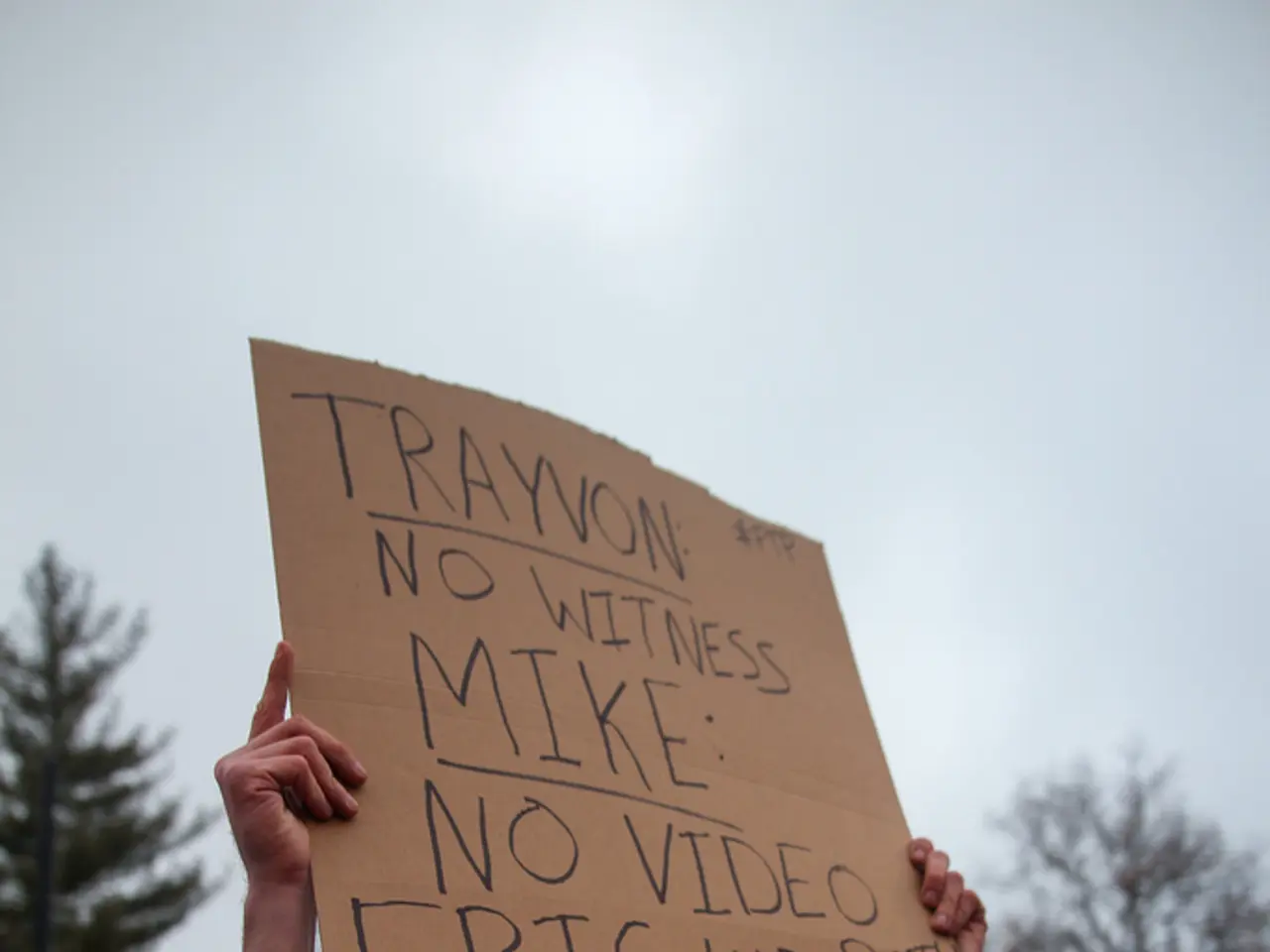Returning to respectful discourse and conversation: When can this happen?
Labor Tensions Escalate in Quebec, Affecting CEO Marie-Claude Perreault and Essential Supply Chains
Quebec, Canada, is currently experiencing a surge in labor disputes, a trend that is affecting various essential supply chains, including the railways sector. This escalation of tensions between labor unions and employers has been ongoing for several months, with negotiations and collective agreements proving prolonged and contentious [3][4].
Historically, Quebec has been known for its strong labor union presence and activism, leading to notable disputes, particularly in public services and critical industries. The current situation in 2024-2025 has seen these tensions reach new heights amid economic pressures and supply chain challenges, contributing to more frequent and intense labor conflicts [1].
These disputes often stem from disagreements over wages, working conditions, job security, and benefits. For CEO Marie-Claude Perreault of the Quebec Employers' Council (CPQ), this challenging environment presents significant operational and strategic challenges. Although specific details linking Perreault directly to the labor disputes are lacking, business leaders like her are under increased pressure to navigate disrupted supply chains, negotiate with unions under strained circumstances, and respond to economic uncertainties generated by both internal labor dynamics and external trade issues [2][3].
In recent months, Perreault has faced a series of incidents that underscore the intensity of the labor tensions. On April 24, 300 protesters attempted to enter the CPQ offices, covering the reception walls with stickers. On the same day, Perreault and her colleague were greeted by protesters from the CSN and FTQ upon their arrival in Sept-Îles. Later that night, Perreault's car was vandalized in her residence's parking lot, causing $16,000 in damages [5].
In response to the escalating tensions, Perreault decided to cancel all planned activities in Sept-Îles as a security measure. The FTQ has denied making threats towards Perreault, although a union representative did greet her upon arrival [6]. The CSN has not commented on Perreault's statements regarding the labor disputes and unrealistic wage demands from unions [7].
Marie-Claude Perreault joined the CPQ three years ago as vice-president of labor, health and safety, and legal affairs. She brings extensive experience to the role, having spent 23 years at Lavery and directed hundreds of negotiations for new collective agreements [8]. Despite the challenging circumstances, Perreault does not want her interim status to become permanent [9].
In April, Perreault published an open letter defending Bill 89, a controversial piece of legislation in Quebec [10]. The Quebec Employers' Council welcomed Bill 101 on April 24 [11]. As the labor disputes in Quebec continue to reach record levels, Perreault finds herself in a "spiral of aggression and violence" for performing her role at the CPQ [12].
The CPQ's vice-president and Perreault began a two-day tour of the North Shore on May 13, aiming to address the ongoing labor disputes and contribute to finding solutions for a more stable and productive work environment [13].
- In the midst of escalating labor tensions in Quebec, concerns about the impact on finance and economics have arisen, as the disruptions in essential supply chains could potentially affect business profits and financial stability.
- The lingering labor disputes in Quebec have drawn attention from policy-and-legislation stakeholders, particularly with Marie-Claude Perreault's recent open support for Bill 89, which has sparked controversy and debate in the region's political climate.
- As General News continues to unfold, the ongoing labor disputes in Quebec, including the incidents involving CEO Marie-Claude Perreault, have highlighted the increasing role that labor relations play in shaping the broader business landscape and political environment.




